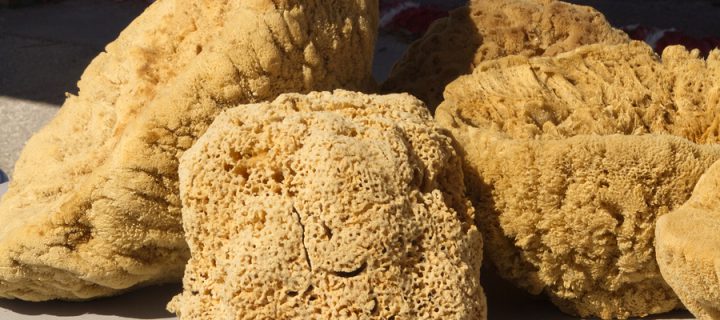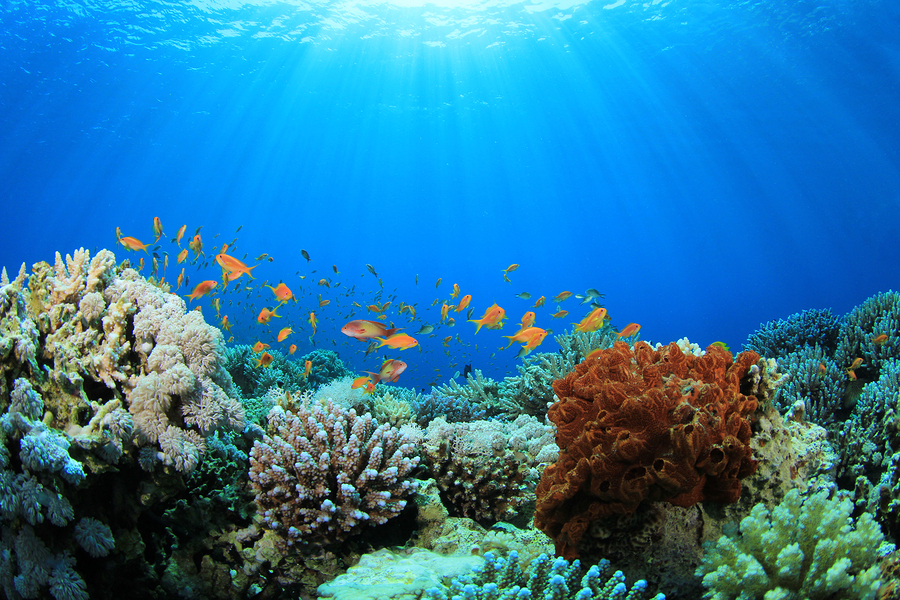Caught up the trend of ‘treating your body right’ and steering clear of pollutants, women are trying this period alternative. But is it all it’s cracked up to be, or are we playing with fire?
Alright, you want to do the ‘green’ thing and keep the Earth around for years to come, and also do what’s best for your body. Some women are taking this way past recycling pop cans and tossing celery sticks in the green bin though, and are turning to environmentally friendly options for protection during that dreaded time of month: their period.
Reusable pads, menstrual cups and organic tampons: the options are out there. It’s actually pretty easy to avoid using traditional plastic pads or bleached tampons that you get straight from the drug store, and to choose something else.
Are all the options safe, though? Are we really keeping the bad stuff out when we use these things, or are we potentially courting disaster?
Pesticides and Bleach
A plug on Gwyneth Paltrow’s website Goop, called for women to use sea sponges, of all things, when menstruating. Unsurprisingly, it’s caused an uproar.
For the record, it’s not like no one knew about the trick of sticking sea sponges up your hoo-ha during your period before Paltrow’s site talked about it. This isn’t new. It might sound whacky, but there are entire sites dedicated to explaining how sea sponges are harvested and how a woman can use one, clean it, and then trim it for a perfect fit next time her red friend comes to town.
Why would anyone want to do this? Why would you ever want to bother with something from the ocean for your vag, when a box of pink Playtex tampons is sitting on the gas station shelf for $5?
The answer comes down to toxins. I don’t know how safe the average tampon really is, but some women take issue with the chemicals sprayed on the cotton in the field, and the bleach used on most tampons before they’re packaged and brought to the consumer.
Simply put, ladies don’t want to be sticking that stuff in their vagina every month. Makes sense.
Toxic Shock Syndrome
But it actually isn’t that simple. Dr. Jen Gunther, a Canadian OB/GYN and pain medicine physician, has been quick to speak her mind. In response to Goop’s post she writes on her site:
“There are no toxins in tampons. Really. I can say this with 100% certainty as a toxin is a preformed poisonous substance made by an organism, think botulinum toxin or the bee venom that you have used to reset your humors. It’s a shame Dr. Maggie Ney N.D., your naturopath, couldn’t set you straight on that lead.”
“If women want to use “natural” tampons that is obviously their choice and many women do so for a variety of reasons, but alarming women because of “chemicals” is wrong medically and ethically. Telling women to use seas sponges is potentially dangerous,” she adds.
Dr. Gunther explains that the Food and Drug Administration has tested twelve menstrual sponges, and found them to contain grit, bacteria, sand and, well… other stuff.
One sample actually contained Staphylococcus aureus, the bacteria that causes toxic shock syndrome.
Since Gunther’s announcement, publications like Cosmopolitan and others have spoken up to alert women of the potential dangers. Let’s face it, though: I side with Dr. Gunther but regular tampons can also give you toxic shock syndrome, and other problems to boot.
The Unknown
The trouble for experts is that no one really knows exactly how safe or UNsafe sea sponges can be. Since you have to clean it out yourself and the things are soooo porous, it’s true that you can’t really see if what you’ve got in hand is totally, squeaky-squeegee clean.
The potential for harm is there, and it could be much higher than it is when using a regular tampon. And that frankly really isn’t something you want to mess with.
So, Gwyneth and others might be urging you to try that marvel from the deep blue depths, but take a moment to weigh the facts and see what you think. Cotton pads and reusable cups are a safer alternative that could save you the hassle of worrying.
And the ocean is probably tired of coughing up something to stop our bleeding each month, to be honest.
Why not leave this animal, (yes, sponges aren’t a plant), for the fish.
Photo credits: Awakened/Bigstock; PramoteBigstock/Bigstock; Rich Carey/Bigstock














